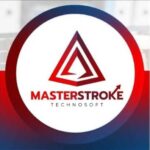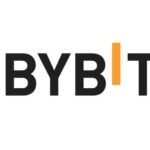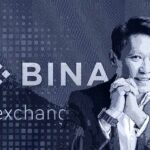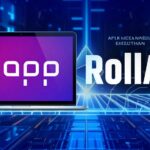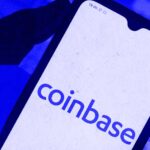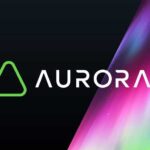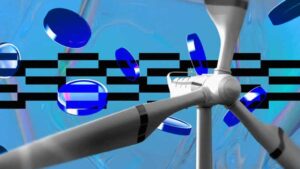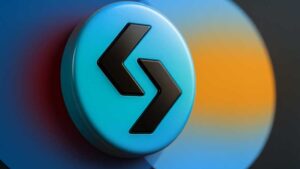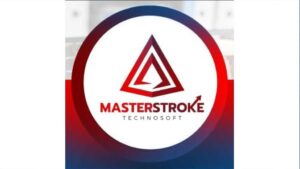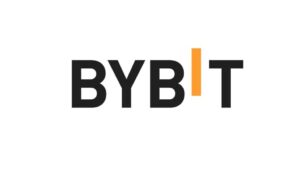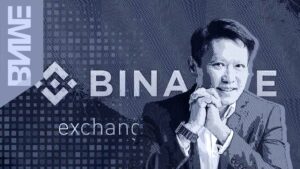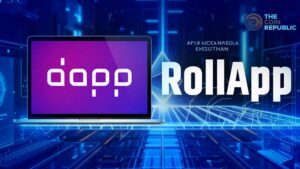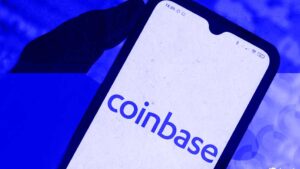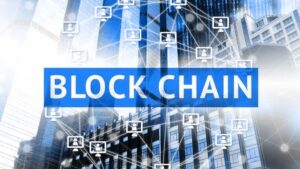In this fast-paced digital world, blockchain technology has certainly become a game-changer. This blockchain technology can transform how things work, and this potential is more than just cryptocurrencies. DAOs also enable decentralized applications and systems that are trustless. If you know about the crypto community, you have probably heard words like ‘governance,’ ‘token,’ and ‘treasury .’These terms relate to the DAO, which stands for “decentralized autonomous organization.”
Understanding DAOs
A DAO is essentially a community owned and operated by its members, and it comes with a treasury built-in. Only those approved by the entire group can access the treasury. Within these communities, they use proposals to manage decisions, and members can vote on them to make decisions. This management concept is fascinating as it promotes democratization through codes. This smart contract can carry out particular tasks and make decisions based on agreement among its members, who are usually token holders.
How Does It Work Exactly?
A smart contract is an automatic contract written in code that runs on a Blockchain network. The DAO can only make decisions based on predefined rules and conditions. A DAO usually involves tokens representing the ownership and voting rights of the participants within the community. Usually, the process of distributing these tokens involves an Initial Coin Offering (ICO) or other fundraising methods. In return, the DAO’s token holders have the ability to participate in its governance process by voting on proposals and making decisions. Then, the smart contract can execute the conclusion automatically once there is a consensus. The outcome is then recorded on the Blockchain for transparency and accountability.
Benefits Of DAOs
Decentralization
One of its unique benefits is that DAOs offer decentralization. Decentralization means that DAOs function without a central authority or intermediaries. This approach to decision-making is more democratic and inclusive. This feature ensures that all participants, regardless of status or position, have an equal say in the governance process.
Autonomy
DAOs operate autonomously according to coded predetermined rules and conditions. This feature makes them efficient and cost-effective by removing intermediaries.
Transparency
DAOs are transparent because they record all decisions, proposals, and transactions on the Blockchain. This process guarantees that the activities of the community are transparent and the public can verify them. All of this enhances trust and accountability between participants.
Security
DAOs use Blockchain technology. This technology is known for its security features to safeguard the authenticity of the communities’ activities.
Conclusion
The advent of Blockchain and DAOs represents a significant change in the way we organize and communicate with each other in the digital world. DAOs offer a glimpse into a future where decentralized governance is the norm, thanks to their trustless nature and smart contract automation. By understanding DAOs better, we can adopt this technology and create a society that is more transparent, inclusive, and participatory.





